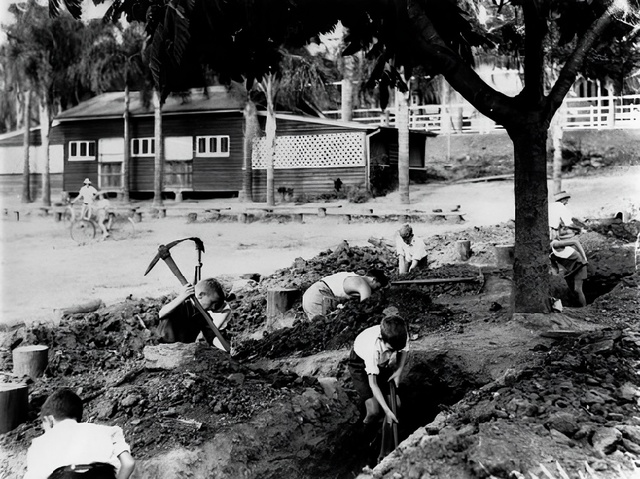Turning points

Digital Edition
Subscribe
Get an all ACCESS PASS to the News and your Digital Edition with an online subscription
Littleproud says feds can block Cherrabah water exports
Nationals leader and Maranoa MP David Littleproud has urged federal ministerial intervention to prevent water from Cherrabah Resort being exported overseas.
The resort’s plans for...








